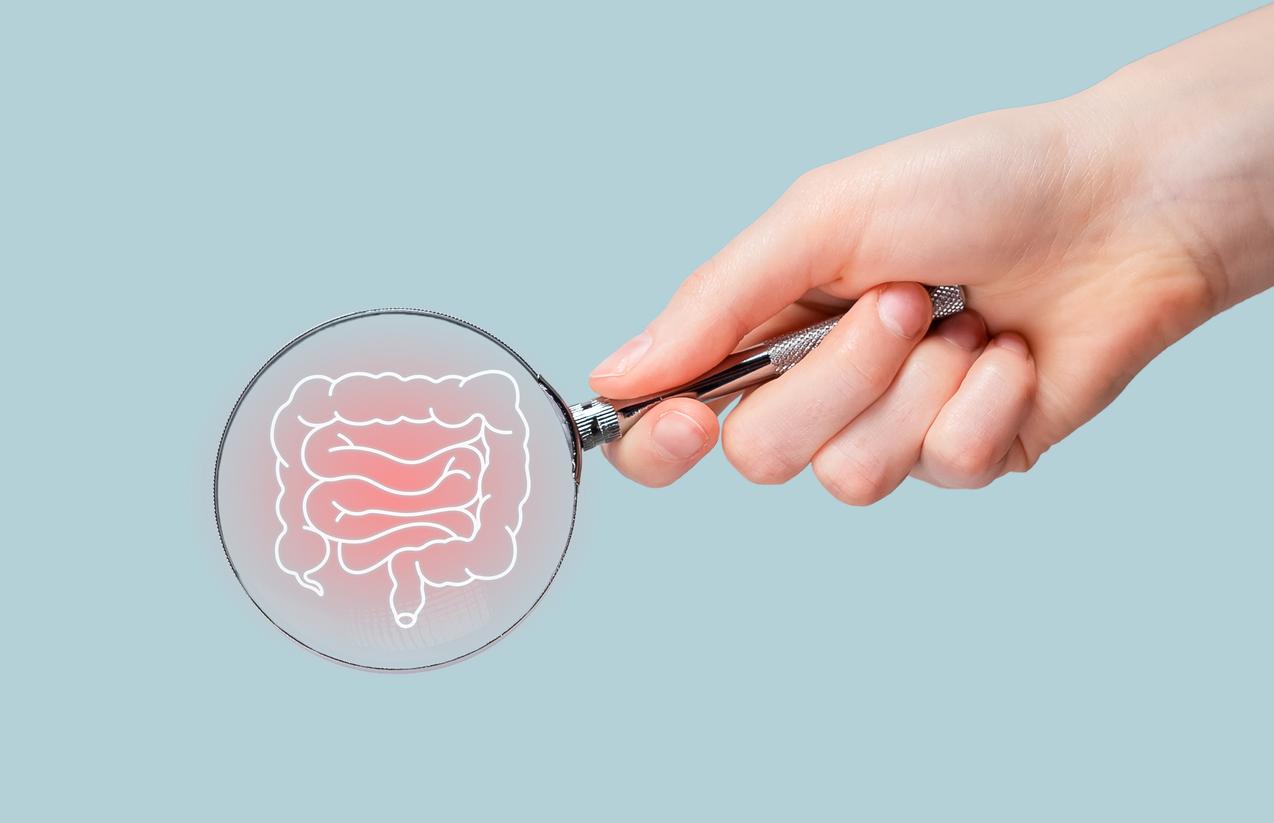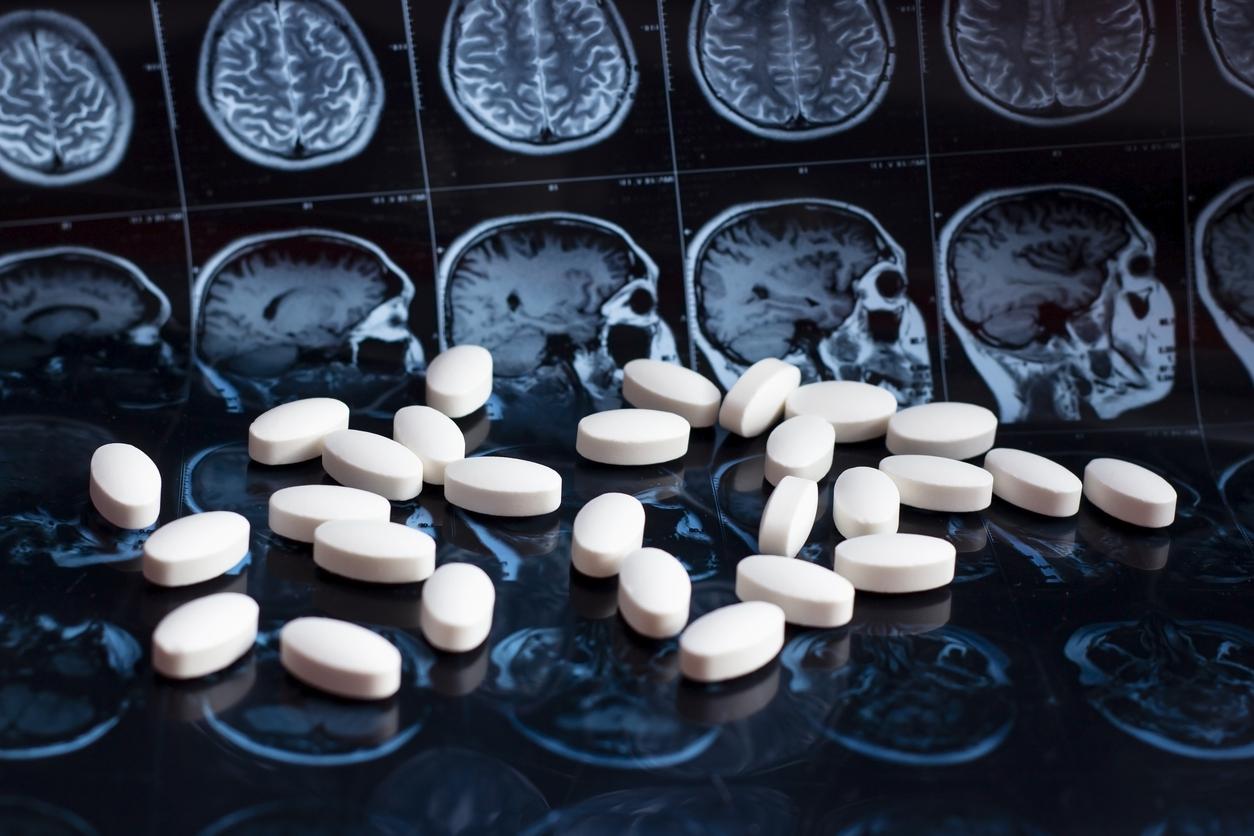According to a study, inflammation in the brain is involved in the progression of Alzheimer’s disease. This could pave the way for preventive treatment. A large cohort of volunteers is created in France, at the Pitié-Salpêtrière hospital in Paris. Join her.

There is still no cure for Alzheimer’s disease. Every year, in France, 225,000 new cases are nevertheless diagnosed.
German researchers conducted a study, published in the journal Nature, which takes one step closer to understanding the development of the disease.
According to the results of this study, the brain’s immune system can cause inflammation, which causes the symptoms of this “memory” disease.
Deposit of “plaques” and appearance of symptoms
Research on Alzheimer’s disease has already shown that it results in the abnormal production of small proteins linked to aging in the brain, beta-amyloid (“Abeta”).
These proteins form “beta-amyloid plaques” in the brain, and cause some of its neural circuits to malfunction. The cognitive functions of the individual (memory, language, reasoning, attention) are affected first.
Alzheimer’s disease is a neurodegenerative disease. Ultimately, it leads to the death of neurons, and dementia.
Inflammation causes symptoms, not the other way around
When the deposition of beta-amyloid plaques progresses in the brain, it triggers an “innate” immune response. Production of molecules, release of signaling proteins by cells. In short, it activates. And according to the researchers of the study, this non-specific inflammatory reaction is linked to the onset of symptoms.
At the onset of the disease, the first symptoms can be repeated forgetfulness, putting everyday objects in inappropriate places (the keys to the house in the microwave), not using the words correctly, having impaired judgment ( say it’s cold when it’s hot for example).
What hope for disease prevention
According to German researchers, the therapeutic response to Alzheimer’s disease may lie in this inflammatory immune response in the brain. Targeting the brain’s innate immune system may help to act on symptoms. Prevent them from triggering, for example.
This is why it is so important to study patients at a very early stage of the disease. This is why it is necessary to form groups of people who are still young to follow them over time and to act as soon as the first mechanisms of the disease are set in motion and not only to act when these mechanisms have already given rise to lesions that are responsible for the first clinical signs.
Join the Pitié-Salpêtrière cohort
We may have effective drugs, but because we haven’t used them early enough, we don’t know. You may have the first abnormalities that will lead to the onset of Alzheimer’s lesions, but for lack of having looked for it, you do not know it.
If you are over the age of 60, if you complain of memory problems, join the cohort of the Institute for Memory and Alzheimer’s Disease (IM2A) at the Pitié-Salpêtrière hospital, in Paris.
You will be closely monitored for several years: you will benefit from cutting-edge blood tests and MRIs and, if you are at risk, from preventive drugs. It is a real innovative therapeutic project.
To volunteer: Call 06 60 38 58 62

.

















